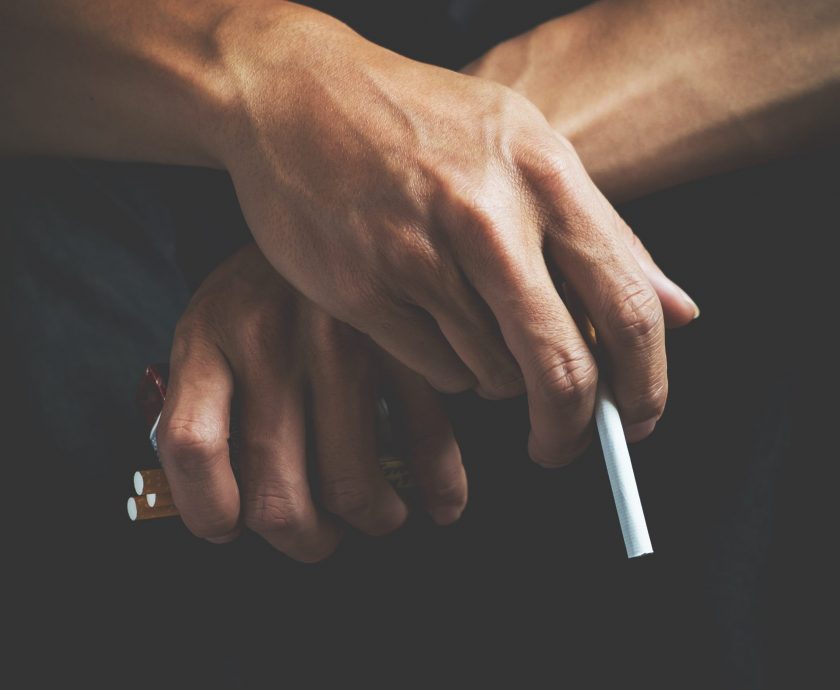Every year, World No Tobacco Day is observed on May 31st to raise awareness about the harmful effects of tobacco use and to advocate for effective policies to reduce tobacco consumption. At Falcon Memorial Cancer Institute (FMCI), we are committed to supporting this global initiative and educating the public on the dangers of tobacco. This year, we want to emphasize the critical connection between tobacco use and cancer, urging everyone to make healthier choices for a tobacco-free future.
The Devastating Impact of Tobacco
Tobacco is one of the leading causes of preventable deaths worldwide. It is responsible for over 8 million deaths each year, including approximately 1.2 million from exposure to secondhand smoke. The link between tobacco use and cancer is well-established, with tobacco being a major risk factor for various types of cancer, including lung, mouth, throat, esophagus, pancreas, bladder, and kidney cancer.
Lung Cancer: The Most Common Consequence
Lung cancer remains the most common cancer caused by tobacco use. Smoking cigarettes, cigars, or pipes significantly increases the risk of developing lung cancer. In fact, smokers are 15 to 30 times more likely to get lung cancer than non-smokers. Quitting smoking, even after many years, can greatly reduce the risk of lung cancer and other serious diseases.
Other Tobacco-Related Cancers
Beyond lung cancer, tobacco use is a major contributor to many other types of cancer. Oral cancers, including cancers of the mouth, throat, and larynx, are strongly linked to smoking and the use of smokeless tobacco products. Moreover, smoking is a known risk factor for cancers of the esophagus, pancreas, bladder, kidney, cervix, and stomach.
The Benefits of Quitting Tobacco
The benefits of quitting tobacco are immediate and long-lasting. Within hours of quitting, carbon monoxide levels in the blood drop, and oxygen levels begin to improve. Within weeks, lung function starts to improve, and circulation gets better. Over time, the risk of heart disease, stroke, and various cancers significantly decreases.
Support and Resources for Quitting
At Falcon Memorial Cancer Institute, we understand that quitting tobacco can be challenging. However, it is one of the most important steps you can take to improve your health and reduce your risk of cancer. We offer comprehensive support and resources to help individuals quit smoking and stay tobacco-free. Our programs include:
- Counseling and Support Groups: Join our support groups to share your experiences and receive encouragement from others who are also on their journey to quit tobacco.
- Nicotine Replacement Therapy (NRT): NRT products, such as patches, gum, and lozenges, can help reduce withdrawal symptoms and cravings.
- Medications: Prescription medications can aid in quitting by reducing withdrawal symptoms and decreasing the urge to smoke.
- Educational Resources: Access a wealth of information about the dangers of tobacco and effective strategies for quitting.
Taking Action on World No Tobacco Day
World No Tobacco Day is an opportunity for all of us to take action against tobacco use. Here are some ways you can participate:
- Spread Awareness: Share information about the dangers of tobacco and the benefits of quitting on social media using the hashtag #WorldNoTobaccoDay.
- Support Loved Ones: Encourage friends and family members who use tobacco to seek help and quit.
- Advocate for Policies: Support policies that aim to reduce tobacco consumption, such as smoke-free laws and higher taxes on tobacco products.
- Lead by Example: If you use tobacco, consider making a commitment to quit today. Seek the resources and support you need to succeed.
At Falcon Memorial Cancer Institute, we are dedicated to fighting cancer and promoting healthy, tobacco-free lives. This World No Tobacco Day, let’s come together to make a difference. By raising awareness, supporting those who want to quit, and advocating for stronger tobacco control policies, we can reduce the burden of tobacco-related diseases and save lives. Remember, quitting tobacco is not just about improving your own health – it’s about creating a healthier, brighter future for everyone.





